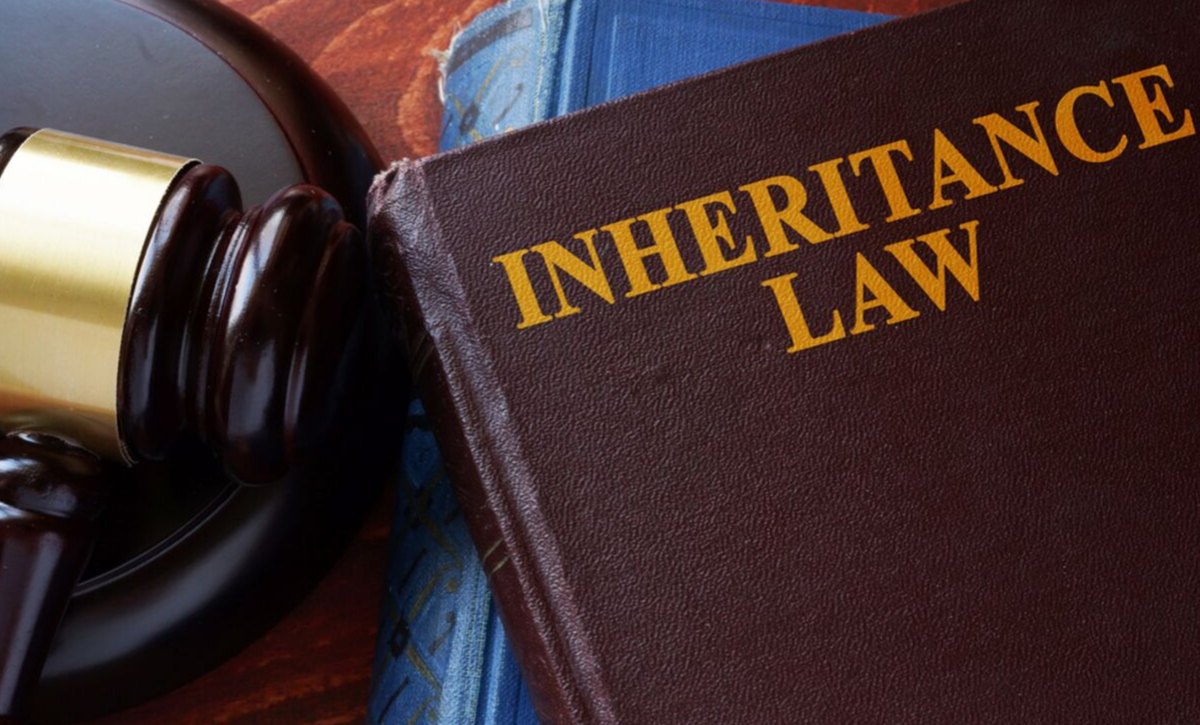Karnataka High Court
Gangamma & ANR v. Pratibha & ANR
CIVIL REVISION PETITION NO.200010/2019
Bench- HON’BLE MR. JUSTICE C.M. JOSHI
Decided On 21-04-2023
Facts of the case-
The respondents in this case are the wife and son of the deceased, Nagappa, whereas the revisions petitioners are the father and mother of Nagappa. Nagappa was employed as a Senior Division Assistant (SDA) at Sangameshwar Hospital. The petitioners had separated from the revisions petitioners and were residing separately with Nagappa.
Nagappa passed away on 7th November 2008, and as Class-I heirs, the petitioners have claimed their entitlement to the entire service benefits of the deceased Nagappa. To obtain these benefits, they approached Nagappa’s employers, who requested a Succession Certificate. Consequently, the Petition and Succession Case No. 33/2009 was filed.
Upon issuance of notices to the respondents and publication of citations in the newspaper, only the respondents/revision petitioners failed to appear before the court. Subsequently, the respondents/revision petitioners filed their objections, acknowledging their relationship with the petitioners.
However, they contended that the service benefits of the deceased Nagappa amounted to Rs. 3,86,349/- instead of the Rs. 2,20,000/- mentioned in the petition. Additionally, they asserted their status as Class-I heirs of the deceased, claiming their right to a share in the service benefits of Nagappa.
The petitioners, Gangamma and Gurupadappa, claimed their entitlement as Class I heirs and asserted their right over the service benefits of the deceased Nagappa, who was employed as a Senior Division Assistant (SDA) at Sangameshwar Hospital.
However, the trial court based its decision on the Supreme Court case of Banarsi Dass vs. Teeku Datta, (2005) 4 SCC 449 and granted the application filed by the wife and son. The court determined that the wife and son were entitled to the Succession Certificate and would act as representatives for receiving the service benefits from Nagappa’s employer. The appellate court upheld this decision, prompting the parents to approach the High Court.
In the High Court, the parents argued that even though an inquiry under Section 372 of the Indian Succession Act is a summary proceeding, it does not prevent the courts from determining the rightful recipient of the Succession Certificate among the parties involved in the dispute.
They contended that excluding a person from receiving the certificate and granting it to others, while forcing the excluded party to seek their rights through separate court proceedings, would amount to a failure to apply a judicious mind to the matter.
Relevant Provisions
| Indian Succession Act | Related to |
| Sec. 372 | Application for certificate |
| Sec. 373 | Procedure on application |
Judgement
The bench observed that according to Section 8 of the Hindu Succession Act, the mother of the deceased is the sole Class-I heir. Consequently, the father, as the second revision petitioner, cannot claim himself to be a Class-I heir of the deceased Nagappa.
The court referred to Section 373 of the Indian Succession Act, which states that the court must be satisfied that there are grounds for considering the application made by an individual seeking to claim their rights.
The court clarified that it is not necessary for the court to delve into other related questions. Matters such as entitlement to benefits or other issues that arise as a consequence of such character cannot be litigated within an application for a Succession Certificate. Therefore, the scope for determining the shares of the parties involved would not be available in proceedings under Sections 372 and 373 of the Act.
To support this point, the court cited the example of proceedings under Section 295 of the Indian Succession Act for probates. While the proceedings adopt a form similar to a regular suit, the issues to be tried in such a suit are limited to whether the testator was of sound and disposing state of mind and whether the will was duly executed and attested.
The court emphasized that it is not the duty of the probate court to consider any issue regarding the title of the testator to the property addressed in the will or the testator’s power to dispose of such property.
JUDGEMENT REVIEWED BY ABHAY SHUKLA
“PRIME LEGAL is a full-service law firm that has won a National Award and has more than 20 years of experience in an array of sectors and practice areas. Prime legal fall into a category of best law firm, best lawyer, best family lawyer, best divorce lawyer, best divorce law firm, best criminal lawyer, best criminal law firm, best consumer lawyer, best civil lawyer.”


